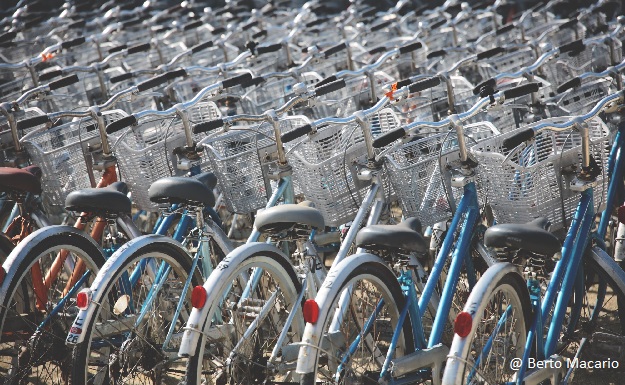
New Dutch government will invest 100 million Euro in cycle projects
After months of negotiating, the new Dutch coalition agreed to invest 2 billion Euro additionally into mobility, thereof 5 % (100 million Euro) into cycling. Not enough to materialize the big ambitions for cycling, says Dutch ECF member Fietsersbond.
The new Dutch coalition government agreed to invest additionally 100 million Euro into cycle projects over the next 4 years. This is a one-off investment and will be used for bicycle parking facilities at railway stations and for fast cycle routes.
While Dutch ECF member Fietsersbond welcomes this investment as a recognition for cycling to be part of the national mobility agenda, it criticizes that such a recognition would require not only structural funding but also higher investments to realise the high ambitions as formulated in the ‘Tour de Force’. A coalition of 23 stakeholders involved in the formulation of this agenda, including the previous national government, had set the objective of growing cycle use by 20 % (measured in km cycled) between 2017 and 2027. The average Dutch person cycles about 1,000 km per year.
Saskia Kluit, Director of the Dutch Cyclists’ Union says: “Together with Aldermans from big cities we have calculated that cycling needs an additional investment of 700 million Euro per year. Bicycle parking at railway stations requires investments of 560 to 700 million Euro until 2030 (65 – 75 million Euro per year) from all levels of government combined. Fast cycle routes need an additional push of 106 million Euro in co-funding from the national government during this term. Then we haven’t started yet talking about the massive investments needed in cities to give cycling more space.”
On the positive side, Fietsersbond welcomed the announcement of the launch of a national prevention agreement, meant to stimulate better public health and fight obesity. Cycling and other forms of active mobility can play an important role in this.
The new coalition also agreed to increase the rate of the reduced VAT from 6 to 9 %. The Netherlands is one of the countries in the EU that applies the reduced VAT rate on bicycle repair, hence such an increase will render bicycle repair services more expensive.
Read more:
Topics:
Contact the author
Recent news!
Upcoming events
Contact Us
Avenue des Arts, 7-8
Postal address: Rue de la Charité, 22
1210 Brussels, Belgium









